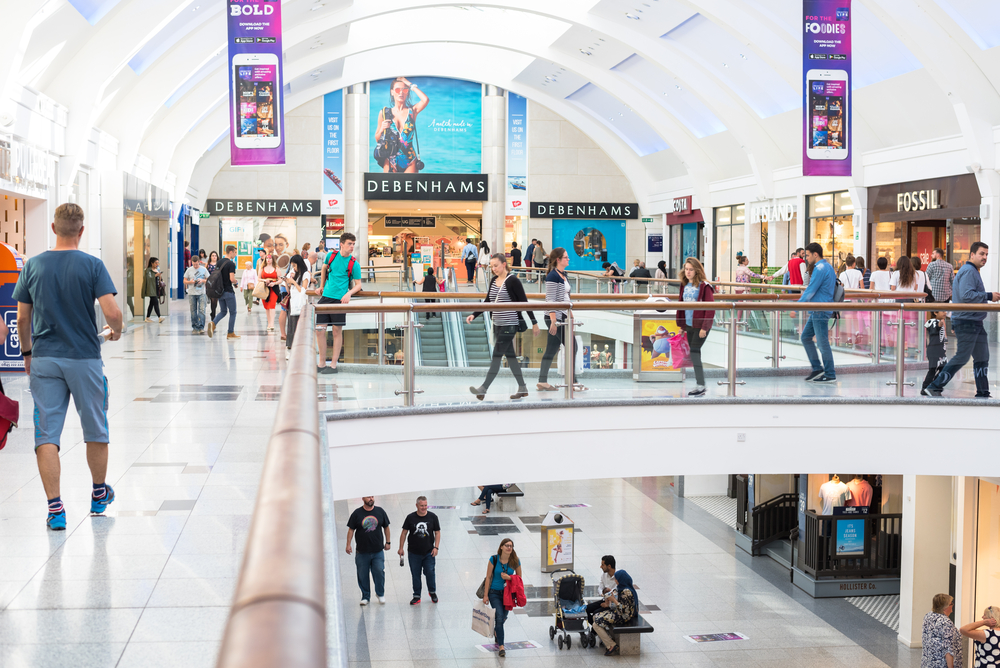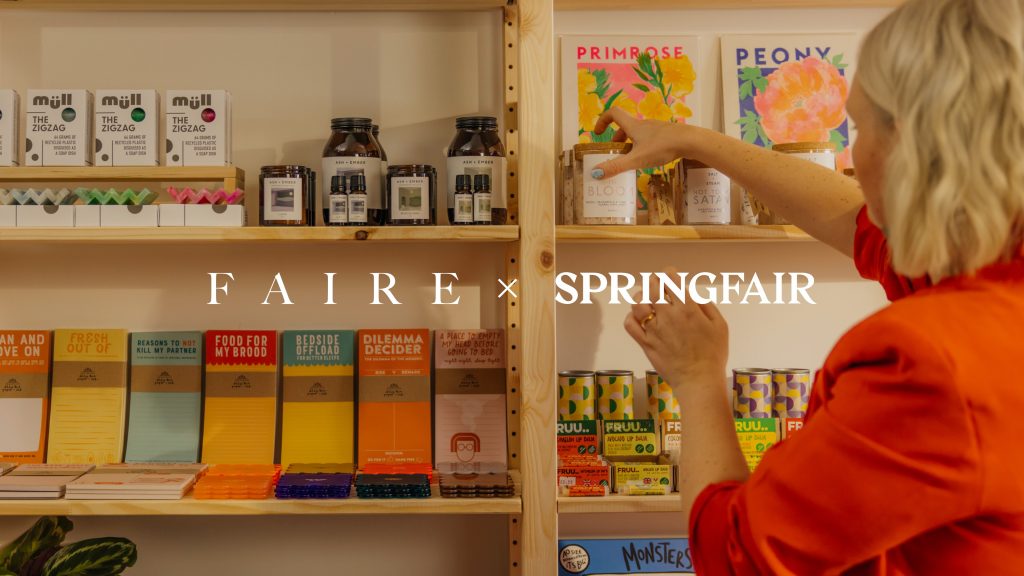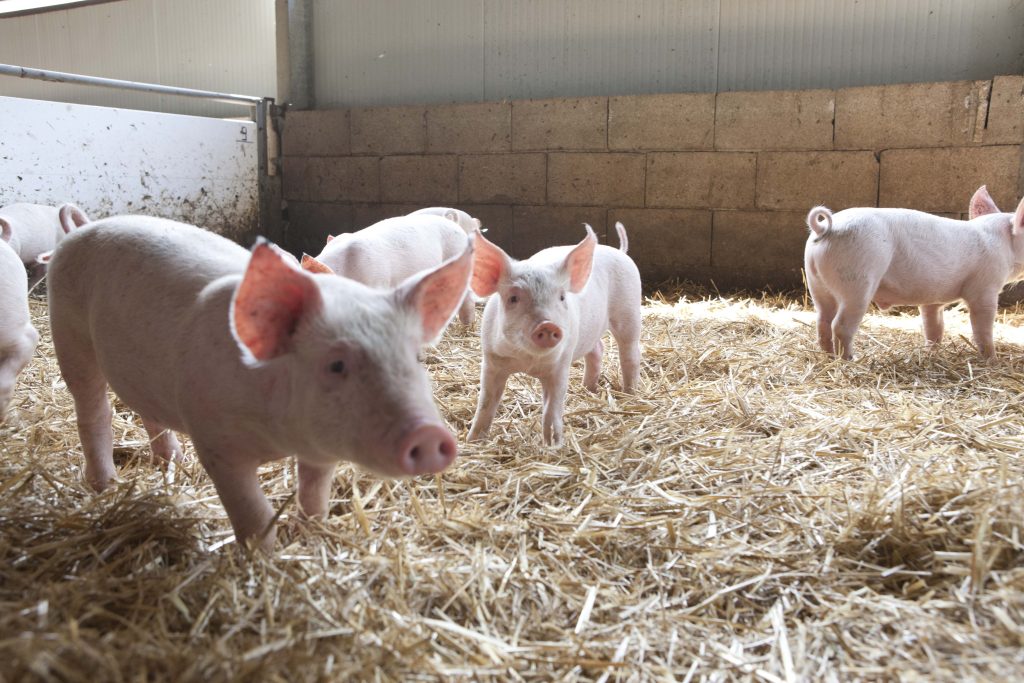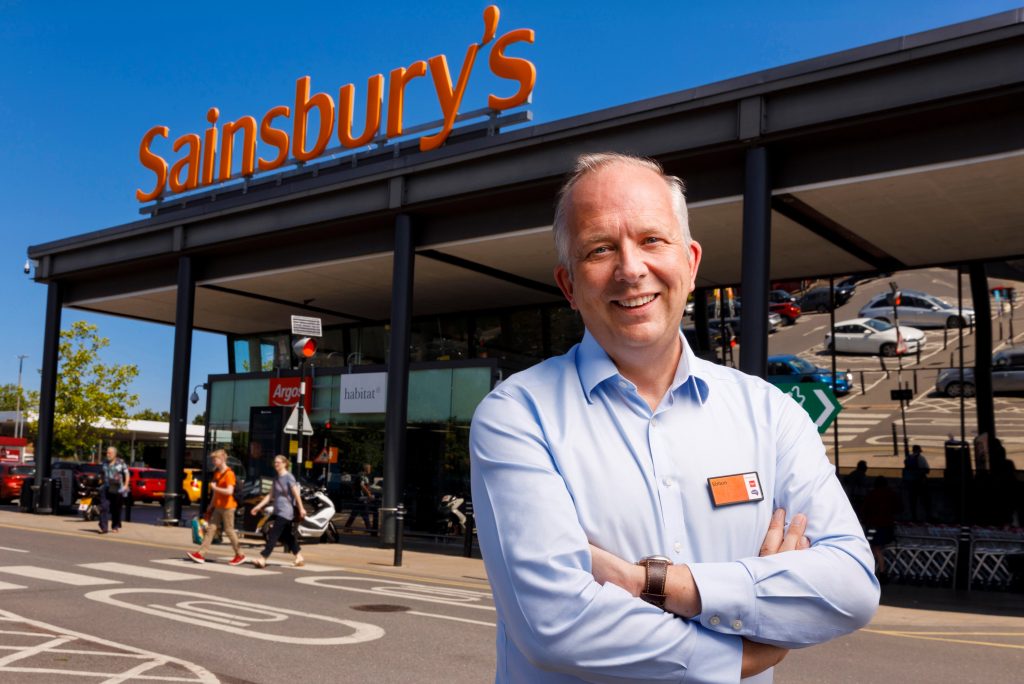Mutual grocery business The Co-operative Food saw operating profit plummet 16.4 per cent to £119 million in the 26 weeks ended June 30th 2012, reflecting “the ongoing tough market”, it has been announced today.
Sales fell 2.2 per cent in total and by 1.2 per cent like-for-like (LFL) over the period, as unseasonable weather disproportionately impacted the retailer, though sales in its core convenience chain grew 1.4 per cent LFL.
In its interim results, the Co-operative Group pointed out that it‘s Food offering continues to invest in its supply chain and distribution network and announced plans for a £2 billion investment programme across the business over the next three years.
Outlining “ambitious growth plans”, the retailer highlighted the detrimental effect of growing competition within the grocery sector.
“In its results, a statement from the Group said: “competition within the industry remains fierce, particularly in the convenience sector where competition is growing almost daily.
“Against the backdrop of this tough market, our focus has been to take every opportunity to develop our business and resist the competition.”
In recent weeks, much has been made of the increasing competition among supermarkets, as Tesco continues to lose market share amid stiff competition from discounters such as Aldi and Lidl, which continue to report double-digit growth as consumers seek to reduce spend on essential items.
Despite this, overall the Group, which agreed the acquisition of the Project Verde assets with Lloyds Banking Group during the half, remains positive in its outlook for the remainder of the financial year.
Group CEO of the Co-operative Group Peter Marks commented: “A year ago I warned that we were operating in the worst conditions that I have seen in more than 40 years in business.
“The results we are announcing today show the full impact of that with the profitability of our two biggest businesses affected.
“Looking ahead, we remain confident and we expect an improvement in sales and profit in the second half. The environment is tough and we see no let-up in that.
“But we believe that the work we have done over the past five years to scale up in our core businesses means we are better placed than ever before to thrive when the economic upturn does come.”






















